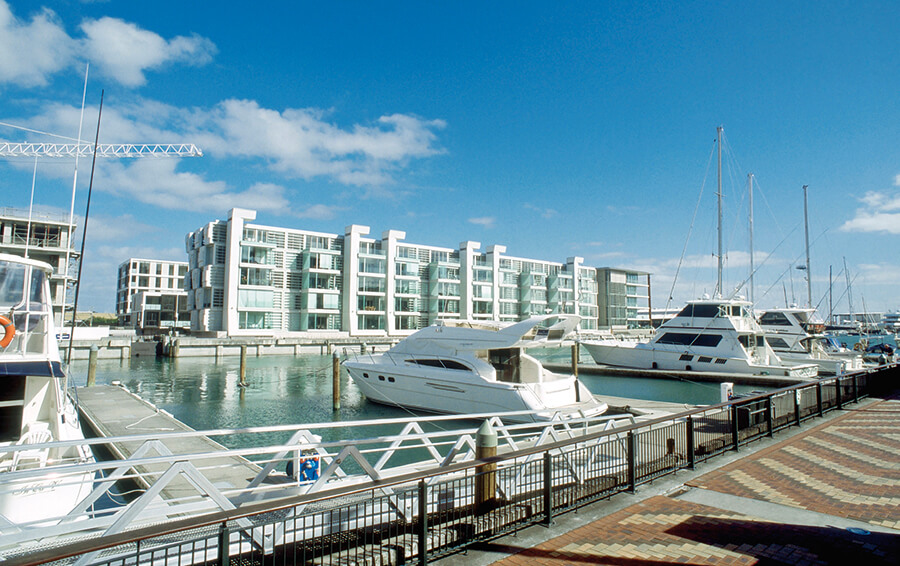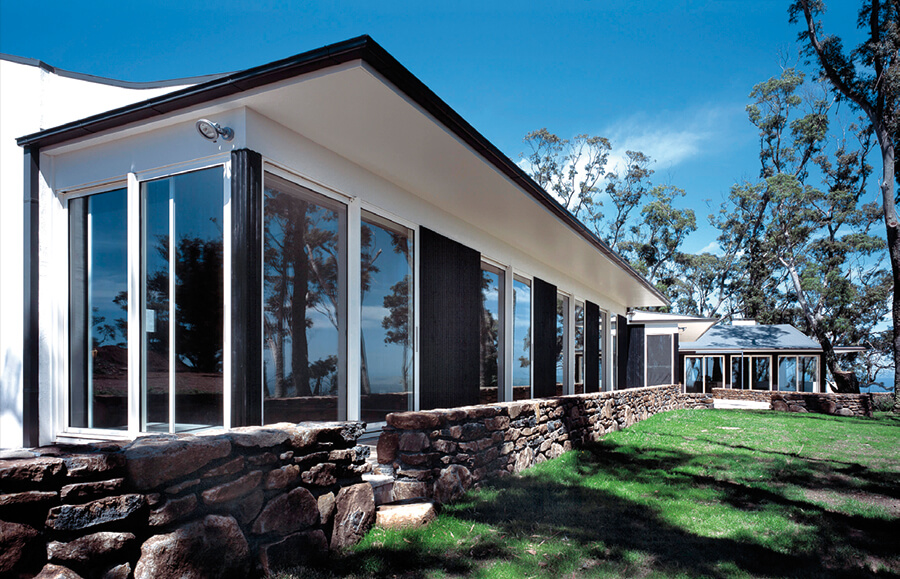
Buying properties overseas is like walking through a minefield — the risk of a wrong investment could upset a person’s future plans, not to mention financial ruins. On the other hand, there is no lack of positive reports about successful investors who have taken the plunge, and reap handsome rewards from their endeavours. Are there special knowledge that an investor must have before embarking on his or her venture abroad? Do you need professional advice before you dip your toes in? Where are the dark areas to avoid? THIS Quarterly finds out from SQFT Nexus Pte Ltd, a company providing financial and professional services in the real estate business.

Apart from knowing the local markets, what other considerations should be included before one buys a piece of foreign property?
There are a few key things that potential buyers should be mindful of. One is taxation; the other is the legal system of the local market. In certain countries, the government impose a certain tax bracket, depending on what kind of property is purchased. This usually depends on whether it is leasehold or freehold, landed property or apartments, and its location. Sometimes, even within the same country, there could be different kinds of taxes which are imposed by the local town or city administration, in the form of property taxes and quit rents and so on.
Another aspect is the local legal systems. Some countries do not allow foreign ownerships but foreigners are allowed to lease. Buyers should also know of the local financing schemes — whether one could take a loan to finance the purchase and if so, what is the loan quantum.
The sad thing is, people sometimes choose to ignore all these considerations, thinking that buying a foreign piece of property is similar to buying one in Singapore. You’ve got to understand the differences and take into consideration how things should be done, and done properly. In other words, we must know the local people, and what the local market is. You must do the necessary background research and ask around for advice.
Let me give you an illustration: You bought a nice house that you liked a lot but you didn’t care whether your property would appeal to the local market some years later. In time to come, if you couldn’t sell it off to the local, then your investment is not worthwhile. Buyers must know the potential resale value a few years down the line. The key is to know the potential to resell in the future for a good profit.
From our experience, generally, for those with spare cash, they buy into foreign properties either for investment or for providing accommodation for their children who are studying overseas. Many parents for example would buy apartments for their children studying in London or Scotland, and when they have graduated and return to Singapore, the apartments are either sold off or be rented out to other students who need a place to stay.
What are the favourite types of foreign properties? And where are the favourite places considered by property hunters?
As mentioned earlier, property buyers look for houses and apartments for investment and as accommodation for their children. If one buys properties for his or her children, then the target properties would generally be apartments near to the school (where the children are studying), easy maintenance, and generally well furnished for students. If it is for investment, then location is an important factor. Generally, buyers tend to look for landed properties, followed by apartments.
Compared to other forms of investment like stocks and shares, does investing in overseas properties fetch better returns? Why or why not?

Investment in properties is seen as the safer form of investment; you will not see value falls to zero. When the investment involves a different country, spread the risk. Take for example, in Singapore, districts 9, 10 and 11 are still the hot favourites among property buyers because these areas still command high premiums even in the future. Buying overseas properties is somewhat similar. You’ve got to know where the popular areas are and buy where there is potential growth.
How does one begin in purchasing overseas properties? Does one require the services of a property consultant who is conversant with the local market?
Most people start off by doing their own research — talking to friends and relatives who have bought such properties before, and also through the Internet and reading up on brochures and so on. When they are serious, they should talk to sales consultants like us who have been in the business for a number of years, and who are in position to advise and to close the deal for them. Agents normally want to strike a deal as soon as possible, but each buyer must be aware of the complexities involved. They must go in with their eyes open, so to speak.
What about legal encumbrances? These have always been top concerns among investors. How does one ensure a purchase shall not be mired in such entanglements?
The best thing to do is to attend exhibitions or shows on overseas properties. Apart from getting to know the people selling and promoting the properties, you’ll also have the chance to meet up with the relevant people like legal advisers who will normally be there to provide assistance and to answer your queries. Honestly, as marketing agents ourselves, we may not know the full legal implications. Hence, we do bring forward the lawyers, let them talk to potential investors and make them understand what they’re in for. We bring the lawyers forward, and let them do the talking. In that sense, the potential buyers will be well informed of the technicalities involved and the risk exposure that comes with the purchase.
Any advice to those who are looking at investing after retirement, using their CPF monies?

If you’re not solely relying on your CPF monies, go into resort properties that are managed by good companies. I must stress that such properties should be under the management by good companies — reputable ones that are known for their management skills in the hospitality line. Then, you can be assured of good returns. Putting the money in banks may not be so rewarding. Some good properties may fetch you monthly income of a few thousand dollars.







